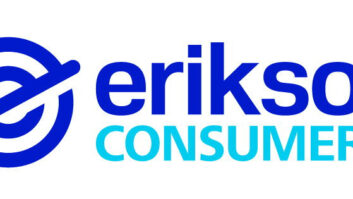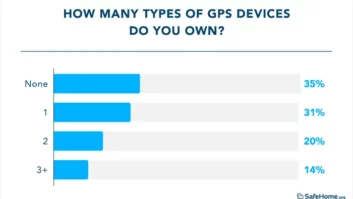New York — Wall Street’s implosion and the spreading economic crisis have taken a heavy toll on consumers, driving their confidence back down after a brief rally the past two months.
According to the most recent results of the RBC CASH (Consumer Attitudes and Spending by Household) Index, consumer confidence dropped 32 points in October — the largest single-month decline in overall sentiment since the Index began in January 2002.
The RBC CASH Index currently stands at 37, compared to 69.2 in September, driven down by the sharp decline in consumers’ economic expectations.
“The dramatic upswing in consumer sentiment last month stemming from declining energy prices has reversed just as suddenly. In the past month, Americans have been confronted by a worsening global credit crisis, a plummeting stock market, rising unemployment and continued housing price declines,” said T.J. Marta, Economic and Fixed Income strategist for RBC Capital Markets.
Marta added, “We may be entering a period of manic depression for consumers, with mood swings dictated by the latest good or bad news.”
The RBC CASH Index is a monthly national survey of consumer attitudes on the current and future state of local economies, personal finance situations, savings and confidence to make large investments. The Index is composed of four sub-indices: RBC Current Conditions Index, RBC Expectations Index, RBC Investment Index and RBC Jobs Index. The Index is benchmarked to a baseline of 100 assigned at its introduction in January 2002.
This month’s findings are based on a representative nationwide sample of 1,000 U.S. adults polled from Oct. 2-6, by survey-based research company Ipsos Public Affairs. The margin of error was +/-3.1 percent.
Highlights of the survey results include:
- Consumers’ economic outlook deteriorated sharply during the past month, as seen in the RBC Expectations Index, which stands at 5.1, a dramatic drop from September’s 76.3 level.
- Although still relatively low, the proportion of Americans who think their personal financial situation will weaken over the next six months doubled this month, reaching 14 percent, compared to 7 percent in September. The shift in the Index, however, was mainly due to consumers’ increased pessimism about their local economy.
- This month, more than one-quarter of consumers (27 percent) believe their local economy will be weaker six months from now, compared to 13 percent last month. Recent experience demonstrates that attitudes regarding the future are more volatile and subject to events-based swings. And although many consumers have not yet felt additional pressures stemming from the Wall Street meltdown, the climate of “doom and gloom” is significant enough to produce a substantial decrease in the RBC Expectations Index for October and drive the overall RBC CASH Index in a negative direction.
- Shell-shocked consumers are clearly uncomfortable with current economic conditions, as evidenced by the 17.2 drop in the RBC Current Conditions Index to 38.0, compared to 55.2 in September. The decline in the index is primarily driven by a drop in Americans’ comfort level for making major purchases or investments, and in their feelings about job security.
- Sixty-nine percent of consumers said they were less comfortable making a major purchase than they were six months ago, up from 55 percent in September. The one bright spot is that Americans’ perceptions of their personal financial situations improved slightly in October, continuing the slow up-tick observed since June’s lows.
- Currently, 29 percent of consumers view the current financial situations as weak, down from 33 percent in September.
- A clear indication of the depth of consumers’ economic woes is the 17-point drop in the RBC Jobs Index to 78.8, an all-time low for the RBC Jobs Index since it began in January 2002. Americans’ confidence regarding overall job security declined this month, and expectations about personal job loss experience increased.
The entire report can be viewed at: www.rbc.com/newsroom/rbc-cash-index.html.













